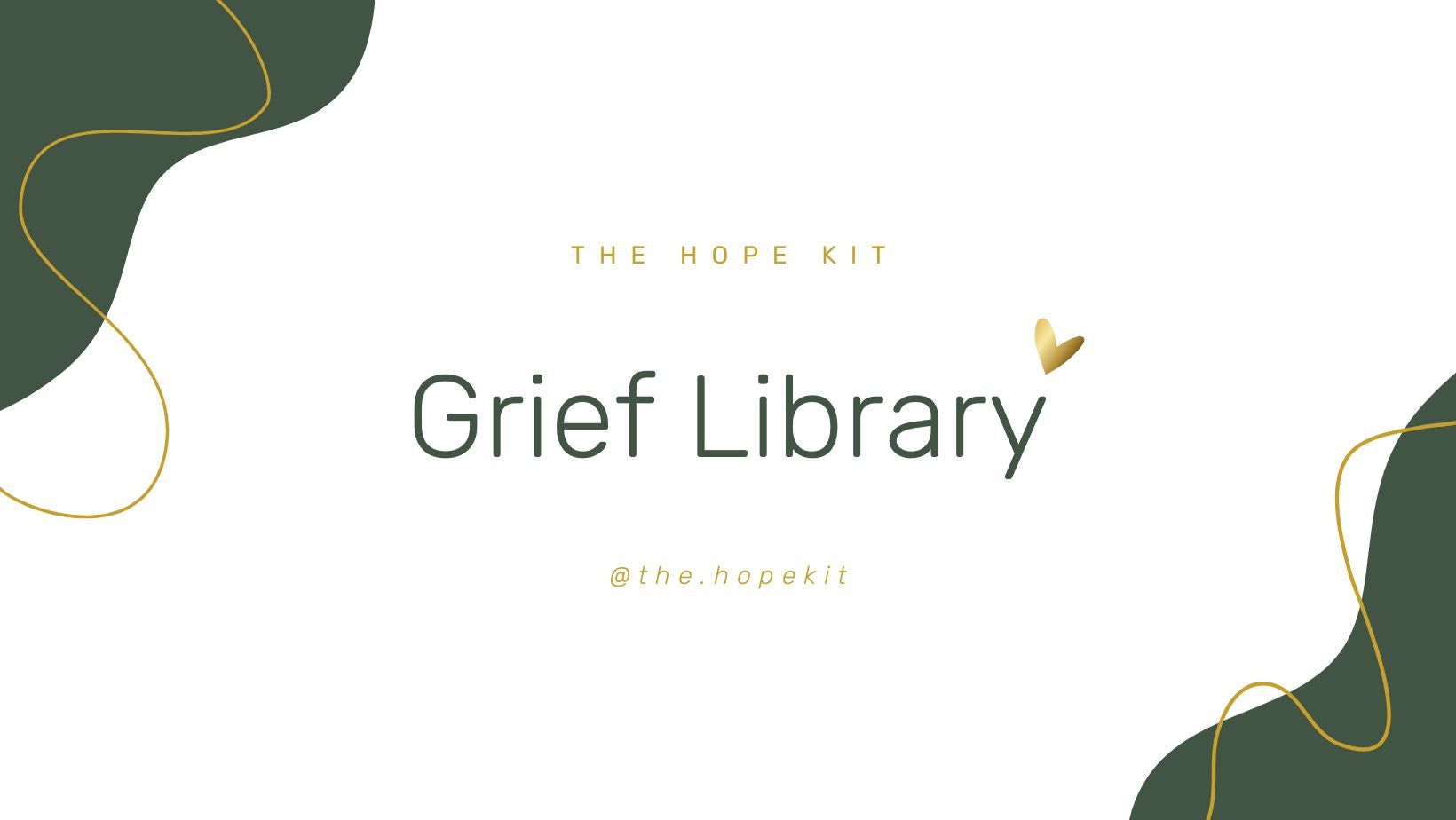"Gratitude: The Missing Piece in Grief and Loss"
As a widower father of two boys, I can attest to the power of gratitude in healing and improving the grieving process. After losing my wife, I found myself struggling with intense emotions, physical fatigue, and a sense of isolation. But through my own personal experience and through working with clients, I have seen the positive effects that gratitude can have on emotional, physical, social, spiritual, and cognitive functioning.
One of the most profound effects of gratitude is its ability to improve emotional well-being. According to clinical research, when we practice gratitude, it can reduce feelings of sadness, depression, and anxiety. For me, personally, expressing gratitude for the time I had with my wife and for the memories, we shared helped me to find a sense of peace and acceptance in her passing.
Gratitude also has a positive impact on physical health. Studies have shown that people who practice gratitude have a better sleep, lower blood pressure, and stronger immune systems. I noticed that when I focused on the things I was thankful for, I felt more energized and less fatigued. This was crucial for me as a father, as I needed to be strong for my two boys during this difficult time.
Gratitude can also improve social connections. When we express gratitude, we often feel a sense of connection to others, which can lead to stronger relationships. I have seen this in my clients as well; when they express gratitude towards their loved ones, it helps them to feel more connected and strengthen their relationships. As a widower, I found myself feeling isolated and alone, but by expressing gratitude towards my family and friends, I was able to find a sense of connection and support.
Additionally, gratitude can have a positive impact on spiritual well-being. It can help us to feel a sense of purpose and meaning, which can be especially important during the grieving process. For me, expressing gratitude for the time I had with my wife helped me to find a sense of meaning in her passing. It helped me to understand that even though she was no longer physically present, her love and memories would always remain with me.
Lastly, gratitude can improve cognitive functioning. Studies have shown that people who practice gratitude have better memory and problem-solving abilities. I noticed that when I focused on the things I was thankful for, I felt more focused and less scattered. This was crucial for me as a father, as I needed to be able to make clear and rational decisions for my boys during this difficult time.
In conclusion, gratitude is a powerful tool for healing and improving the grieving process, as well as for improving emotional, physical, social, spiritual, and cognitive functioning.
I highly recommend incorporating gratitude into your daily routine, especially during difficult times. Through gratitude, I was able to find peace and acceptance in my loss and to move forward with a sense of hope and purpose for my future and my two boys.




